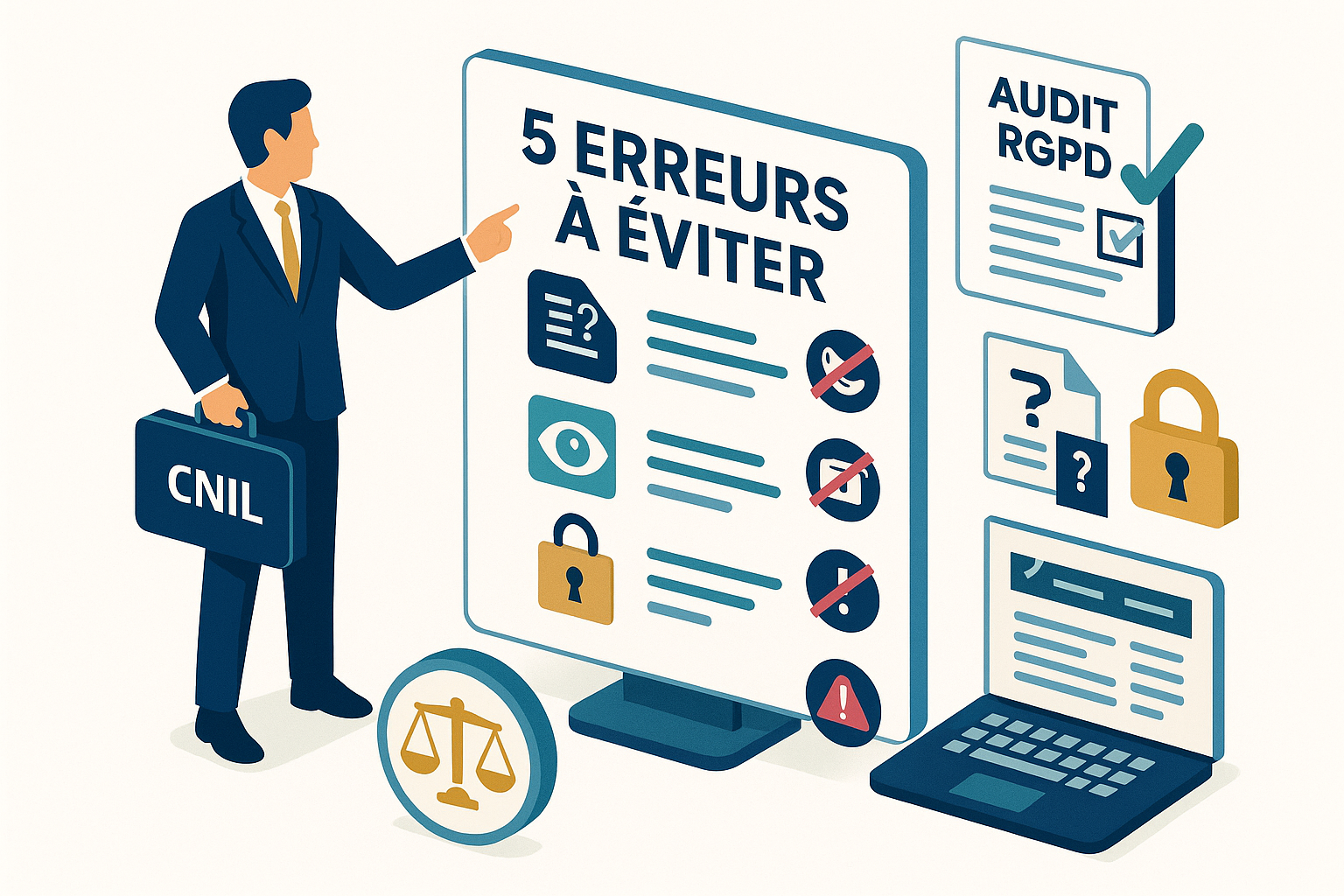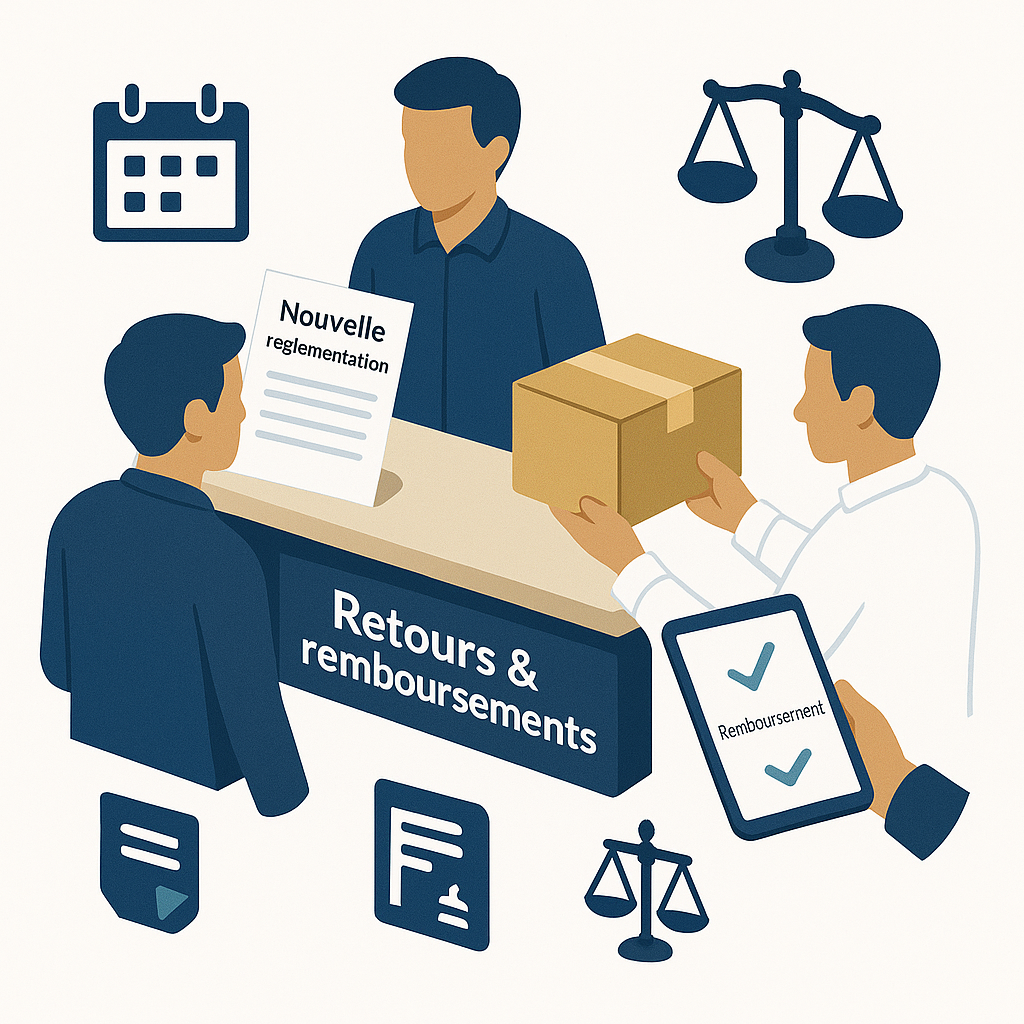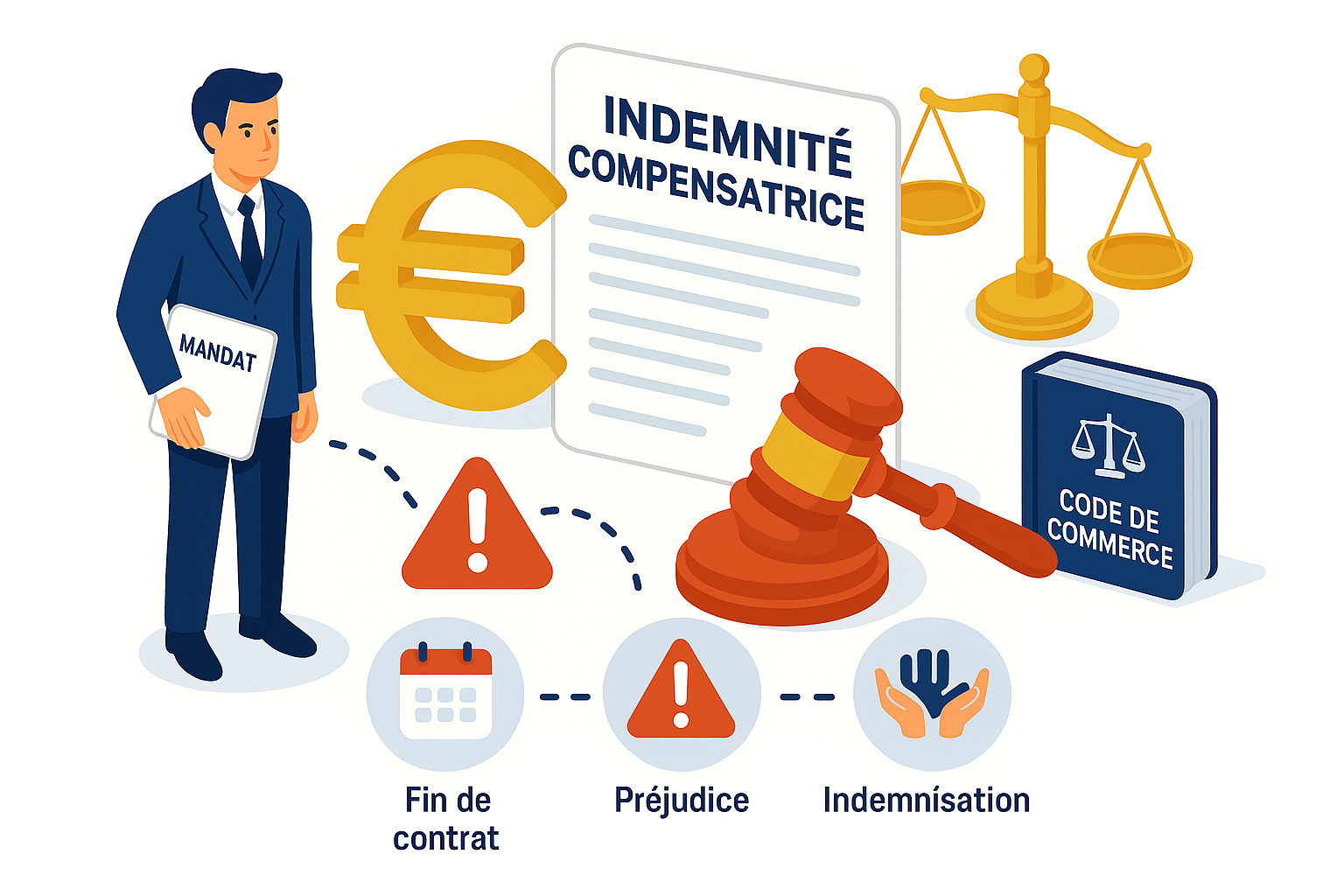Let's discover together the 5 most common RGPD compliance mistakes and how a CNIL lawyer can help you avoid them.
In an increasingly digitized world, the protection of personal data has become a major issue for all organizations. The General Data Protection Regulation (RGPD) and the directives of the French Data Protection Authority (Commission Nationale de l'Informatique et des Libertés - CNIL) impose strict obligations, non-compliance with which can result in severe penalties.
Pourtant, de nombreuses entreprises commettent encore des erreurs fondamentales dans leur mise en conformité. Découvrons ensemble les 5 erreurs les plus courantes et comment un avocat CNIL peut vous aider à les éviter.
If you need a CNIL lawyer, contact me!
Lack of an up-to-date data processing register
One of the most frequent errors concerns the data processing register, a mandatory document that lists all activities involving personal data within your organization. Too many companies neglect this obligation, or have an incomplete register.
A poorly kept data processing register represents a major risk in the event of a CNIL inspection. Not only is it the first document requested during an inspection, but its absence is already grounds for sanction.
L’expertise juridique au service de votre conformité : Un avocat apporte une valeur ajoutée considérable dans cette démarche. Il réalise un audit complet de vos processus et vous guide dans la création d’un registre exhaustif et conforme. Les éléments essentiels qu’il vous aide à documenter comprennent :
- The precise purposes of each processing operation
- Categories of data collected and data subjects
- Retention periods adapted to each type of data
- Technical and organizational security measures implemented
Inadequate or incomplete privacy policies
Transparency is one of the fundamental principles of the GDPR. Yet many organizations use generic, unclear or incomplete privacy policies that fail to meet this requirement.
These documents must inform data subjects precisely about the collection and use of their data, as well as their rights. A poorly drafted policy can lead to complaints to the CNIL and a loss of confidence on the part of your users or customers.
The added value of legal advice: A CNIL lawyer lawyer transforms this constraint into an opportunity. He develops tailor-made privacy policies that reflect your operational specificities while satisfying regulatory requirements. His expertise guarantees documents that are both legally sound and accessible to your users.
Neglect of appropriate safety measures
Securing personal data is a legal obligation that is often underestimated. Many organizations make do with basic or obsolete measures, neglecting to adapt their level of protection to the sensitivity of the data being processed.
The resulting data breaches can have disastrous consequences: financial penalties, reputational damage, loss of trust from customers and partners. In 2023, the CNIL has particularly tightened its controls and penalties for security breaches.
L’accompagnement stratégique d’un professionnel du droit : Face à ces risques, le rôle d’un avocat devient crucial. Il analyse la nature des données que vous manipulez et vous recommande un dispositif de sécurité proportionné. Son expertise vous permet de :
- Identify vulnerabilities specific to your information system
- Implement a security strategy tailored to your budget and challenges
- Conduct impact assessments (AIPD) for sensitive processing operations
- Develop effective incident detection and management procedures
The absence of a clearly identified legal basis
Every processing of personal data must be based on one of the six legal bases set out in the RGPD: consent, contract, legal obligation, vital interest, public interest mission or legitimate interest. A common mistake is not clearly identifying this legal basis or systematically relying on consent when another basis might be more appropriate.
This confusion can lead to non-compliant practices, such as the collection of invalid consents or the inability to demonstrate the legitimacy of your processing operations in the event of CNIL litigation.
Une clarification juridique indispensable : Dans ce domaine complexe, l’intervention d’un avocat apporte une sécurité juridique essentielle. Son expertise lui permet d’examiner méticuleusement vos différents traitements et d’identifier la base légale la plus solide pour chacun. Il construit avec vous une documentation robuste qui justifie vos choix en cas de contrôle et vous guide dans l’élaboration de procédures conformes pour la collecte et la gestion des consentements.
Poorly supervised subcontracting
Many organizations use subcontractors (hosting companies, cloud service providers, marketing agencies...) to process personal data without putting in place the necessary legal safeguards. Yet the RGPD requires the signing of specific subcontracting agreements and verification of the compliance measures implemented by these partners.
In the event of a subcontractor's breach of contract, you may be held liable if you have not taken the necessary precautions to manage this relationship.
La sécurisation de votre écosystème numérique : Cette problématique requiert l’œil expert d’un avocat en conformité CNIL. Son intervention permet de sécuriser juridiquement votre chaîne de valeur numérique à travers :
- Audit your existing relationships with technology providers
- The drafting of subcontracting contracts incorporating all the protective clauses required by the RGPD.
- Setting up an evaluation protocol for your future partners
- Drawing up a document matrix attesting to your diligence in selecting and monitoring your subcontractors.
Why call on a CNIL lawyer to help you achieve compliance?
Faced with the growing complexity of data protection regulations, the support of a CNIL lawyer is a strategic investment. In addition to avoiding sanctions, which can amount to up to 4% of worldwide sales, good compliance represents a real competitive advantage, boosting the confidence of your customers and partners.
A CNIL lawyer provides you with in-depth legal expertise, tailored to your sector of activity and the size of your organization. He or she will propose pragmatic solutions to turn regulatory constraints into opportunities to improve your processes.
To take your compliance process a step further and avoid the pitfalls mentioned in this article, our CNIL compliance law firm is at your disposal. Our experts will support you at every stage of your compliance process, from the initial audit to the management of any disputes with the CNIL, and the implementation of procedures tailored to your specific needs.




